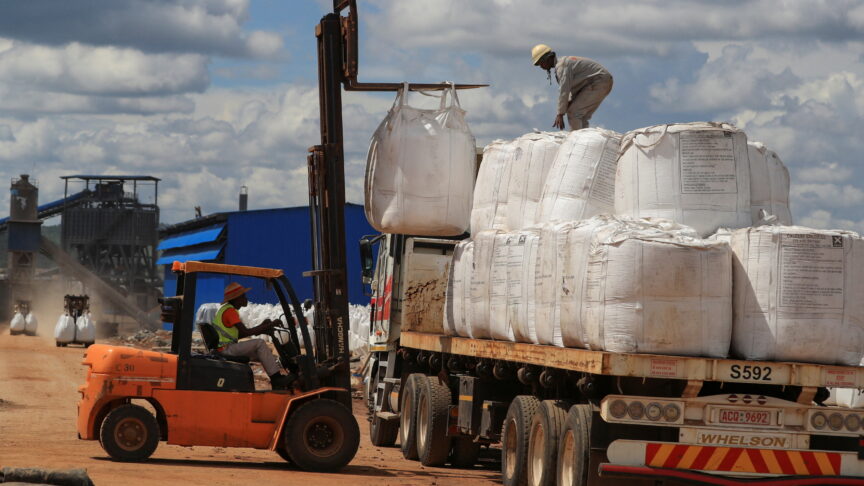Europe’s new leaders
Stop the traffic, they won?t, but Van Rompuy and Ashton will do better: they will build a traffic system
In today’s
newspapers the appointment of Belgium’s
Herman Van Rompuy, as president of the European Council, and Britain’s Catherine Ashton, as EU “high
representative” for foreign affairs, is broadly seen as a demonstration of Europe’s inability to punch its weight. Neither are likely to “stop the traffic” in Moscow, Beijing or Washington, to use David
Miliband’s phrase. But their immediate task is not to stop the traffic; it is to
create a traffic system that EU leaders can use to improve their policy cooperation
and coordination.
Since the 1960s,
the EU’s foreign policy has been an adjunct to the Union’s
main purpose – creating a free, internal market. By design, the European
Community represented the “low politics” of trade and commerce. European
governments, on the other hand, dealt with the “high politics” of foreign and
security policy. Nobody was going to trust wily Jean Monnet with Europe’s foreign policy.
The last fifty
years has seen incremental steps forward, starting with the European Defence
Community, the Fouchet Plans, the European Political Cooperation and recently
the Treaties of Amsterdam, Maastricht, Nice and Lisbon. In that time EU foreign
policy has moved from a kind of gentlemen’s agreement between states to consult
each other on occasion, to a system of formal obligations, complete with
organisations, budgets, staffs, and permanent headquarters. At the same time,
EU states shifted from a bargaining style of cooperation to a problem-solving
one, and EU foreign relations saw the fusion of inter-governmental,
trans-governmental, and supranational methods of policy-making.
It is this complex
and unique system that now needs to be developed further. Not into a state,
with directly elected leaders, but into a never-before-seen system of
governance. This needs to respect the differences and viewpoints of the
twenty-seven EU states, while also seeking to develop a joint approach to common
challenges where one is relevant.
Doing so is key if
EU governments hope to make their voices heard in the world. Without greater
coherence and cooperation, European countries, however big and rich, risk
becoming bystanders in a G2 world dominated by China
and the US.
Though the transatlantic relationship remains the strongest political, security
and economic partnership, in a post-American world where power is shifting from
West to East, the United
States knows it needs effective partners.
And if Europe cannot step up, the US will look for other privileged
partners to do business with.
The consequences of
a “G2 world” will not only lead to a diminution of global European influence,
but a retreat from many of the things that European governments favour and have
championed the past: a rules-based international system, the human rights
agenda and a global economy tempered by social and environmental concerns. Such
a retreat will likely have a direct impact on Europe’s 500 million citizens,
who are exposed to global risks as never before – through finance, climate
change, potential pandemics, and the spill-over of insecurity and violence from
fragile states. Dealing with these challenges at Europe’s
borders alone is unlikely to make a difference.
A joined-up EU
foreign policy is not a choice, in other words, between more or less
nation-state. Or indeed between more of less ‘Europe’.
It is a choice between being able to provide essential public goods to Europe’s citizens – or not. There are definite legal and political
limits to EU integration. The German
Constitutional Court recently made this clear, ruling
that the Lisbon Treaty does not transform the EU into a federal state, and that
such a transformation would violate German constitutional law.
Steps toward
greater policy coherence will be crucial if European governments want to have a
greater impact abroad than merely through the magnetic pull of EU membership. President-elect
Van Rompuy and Lady Ashton seem well-placed to build consensus for such a
system. Chosen unanimously, backed by big and small states alike, and representing
both Right and Left, the Rompuy-Ashton team is more likely to bring EU
governments, European legislatures and the European Parliament with them, than
would have, say, Tony Blair or Massimo D’Alema. Policy ideas are important, but
not enough.
The people who
built the European Union were hardly traffic-stoppers in their own countries.
Jean Monnet was never elected to public office, Walter Hallstein was a
little-known a professor and bureaucrat, and Sicco Mansholt a Dutch minister of
Agriculture, Fishery and Food Distribution. Even Jacques Delors, the father of
the Single Market and a former French Economics and Finance Minister was a
surprise choice as Commission President. They all helped further the EU’s
development not because they grand-stranded, stopped the proverbial traffic or were
borne high by US-style rhetoric. They succeeded because they heeded Jean
Monnet’s dictum: “Nothing is possible without men; nothing is
lasting without institutions.” The careers of President-elect Van Rompuy and High Representative-elect Ashton
suggest the pair understand this key to EU success.
The European Council on Foreign Relations does not take collective positions. ECFR publications only represent the views of their individual authors.


